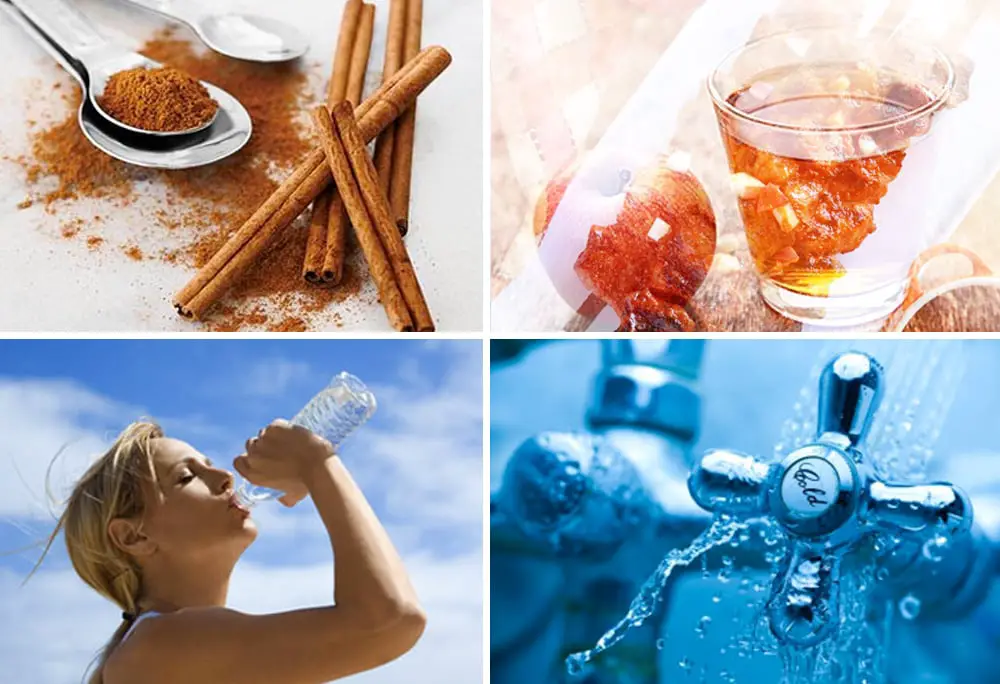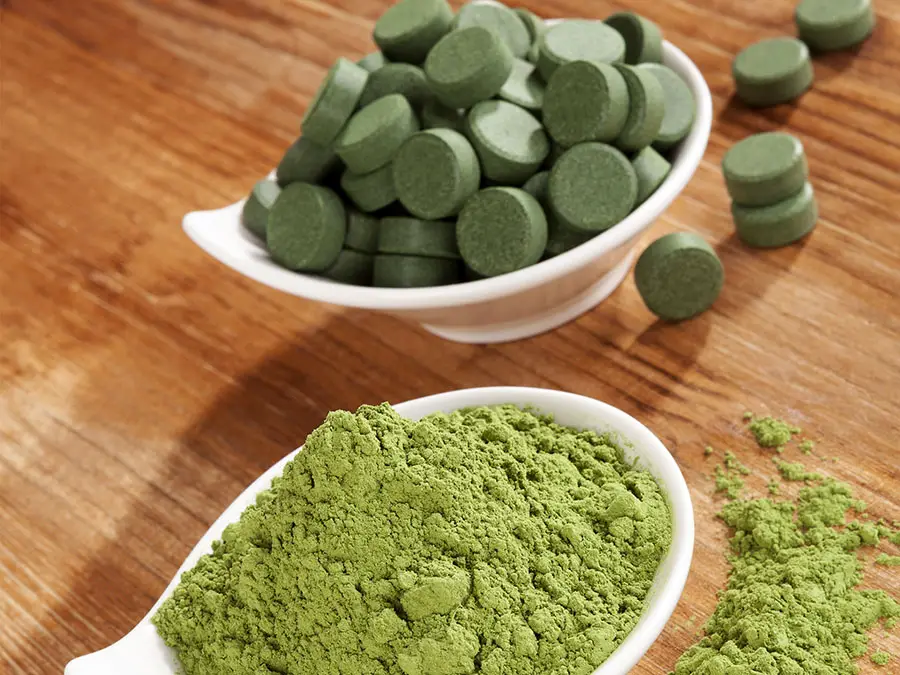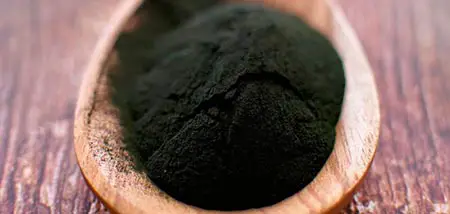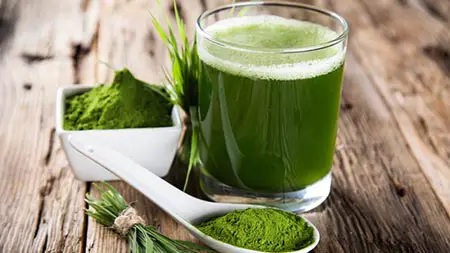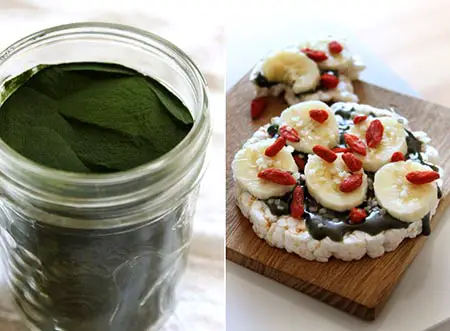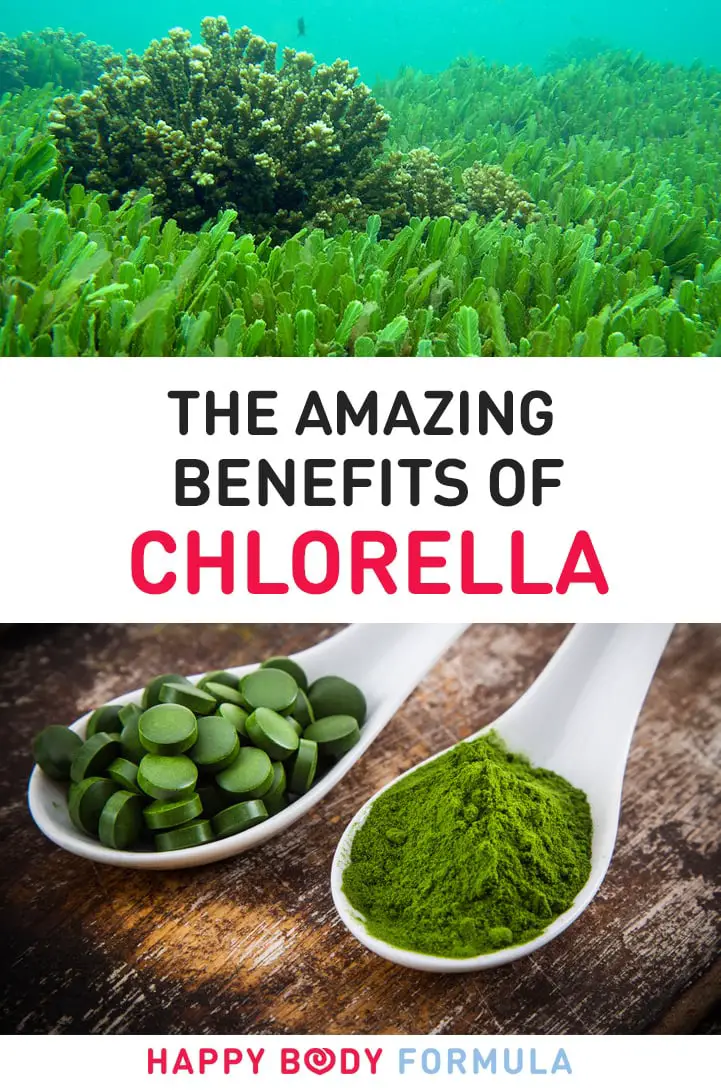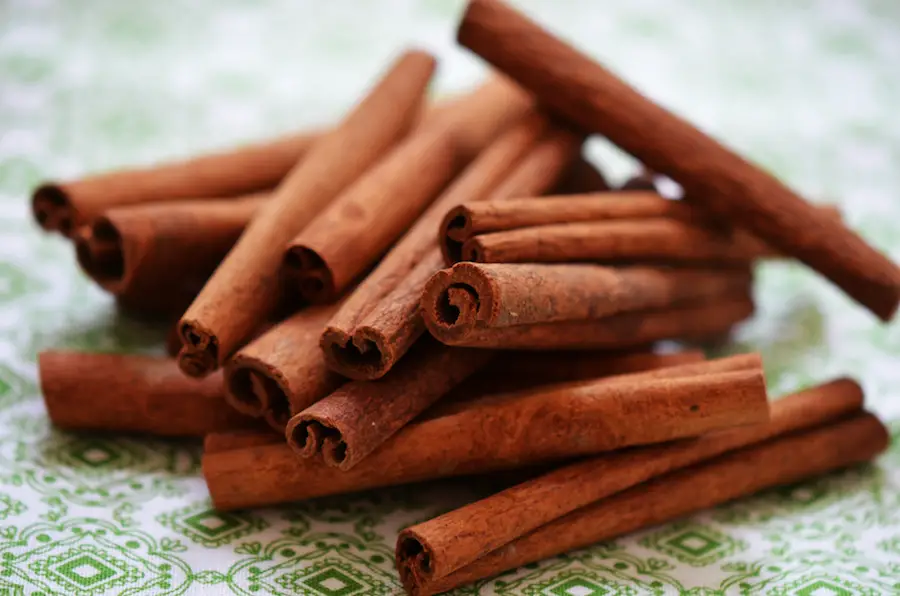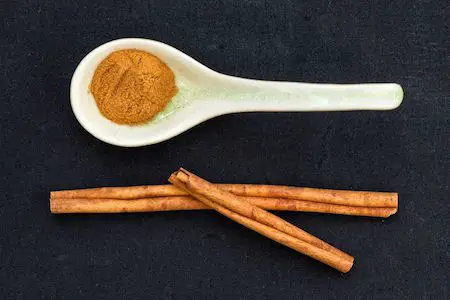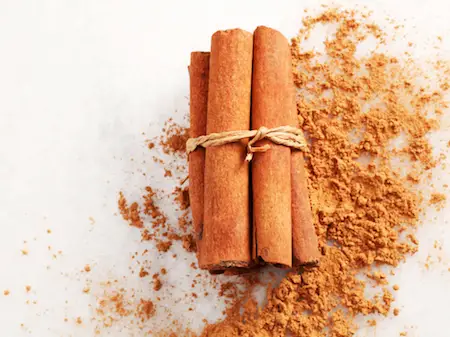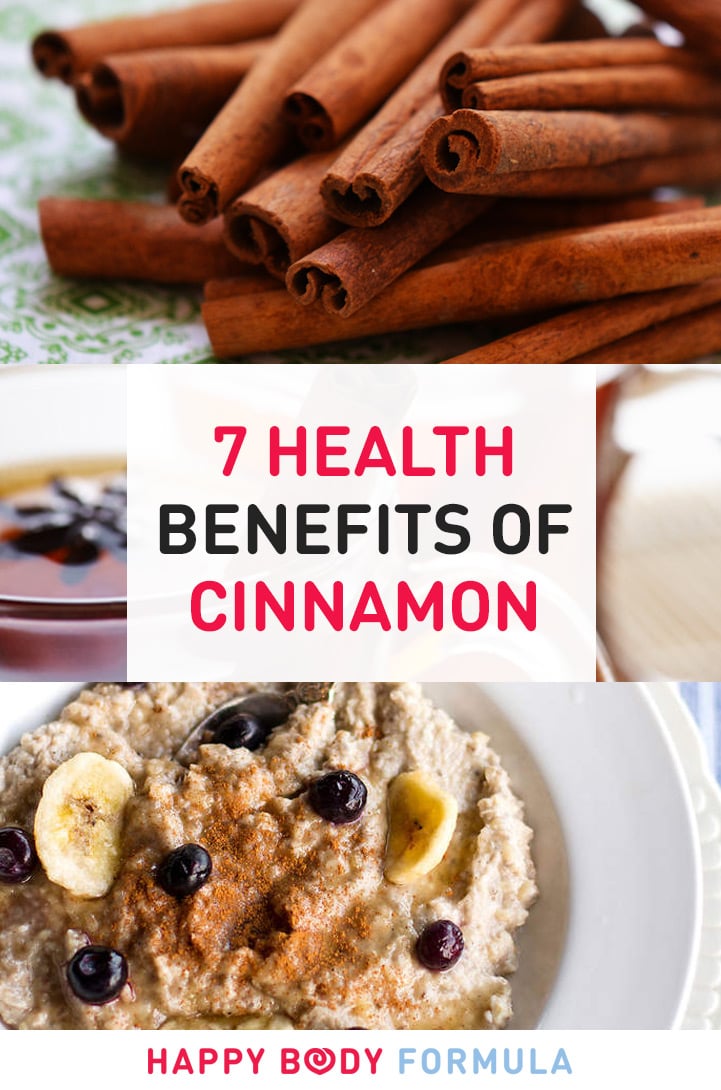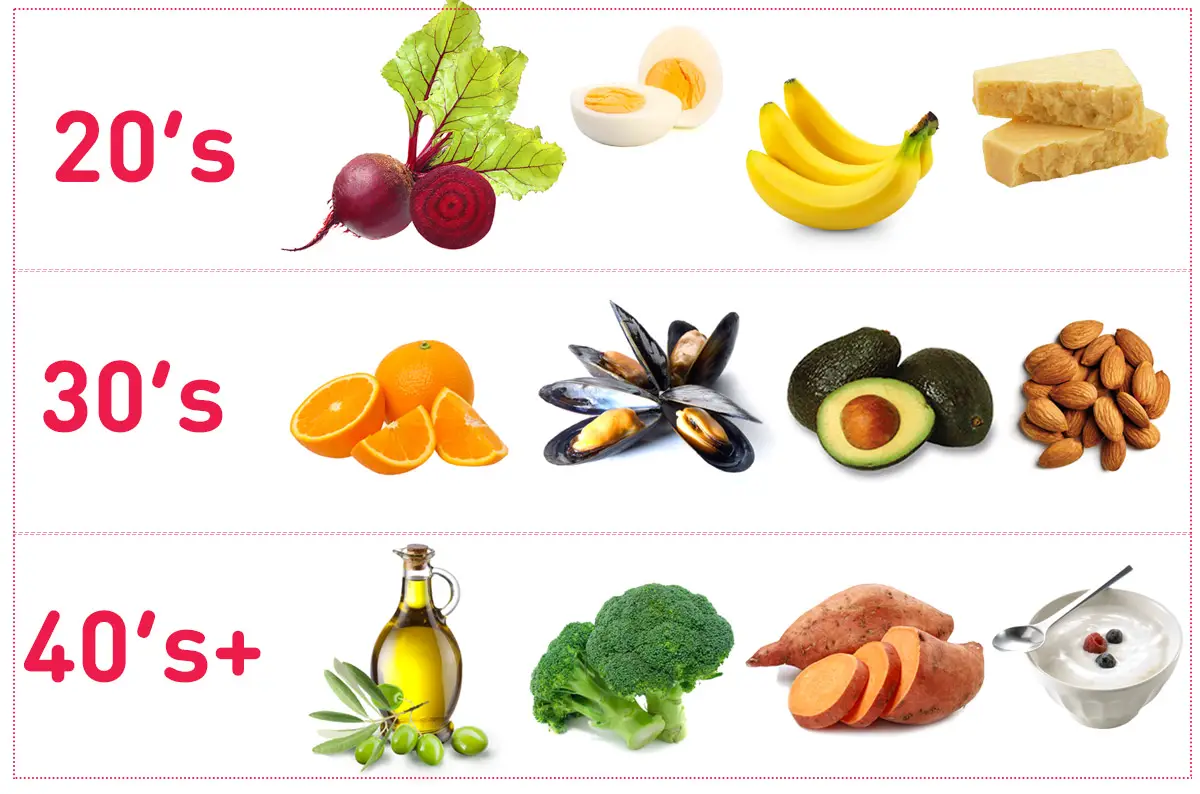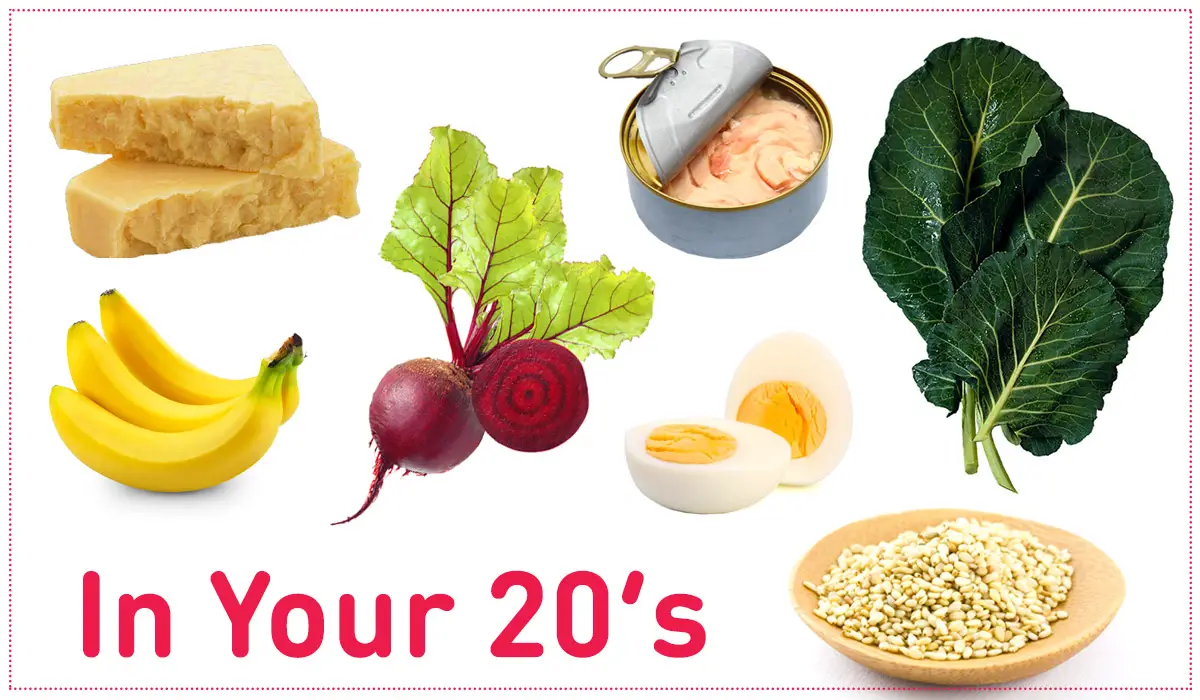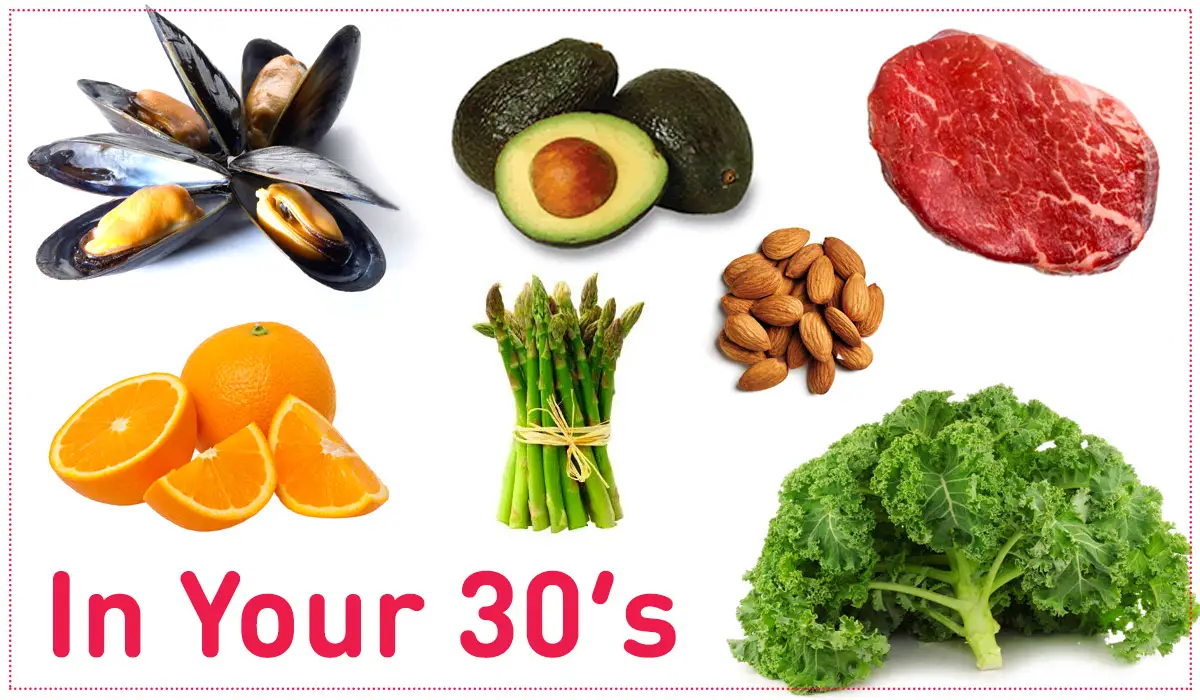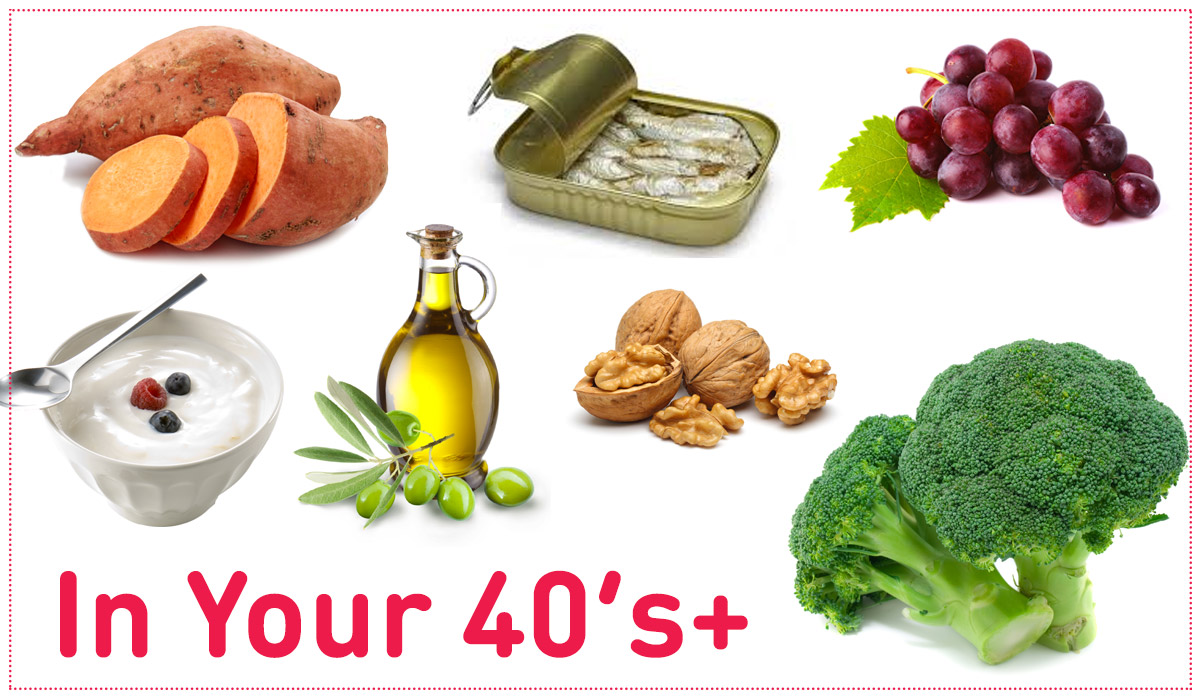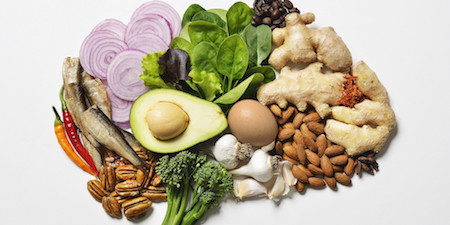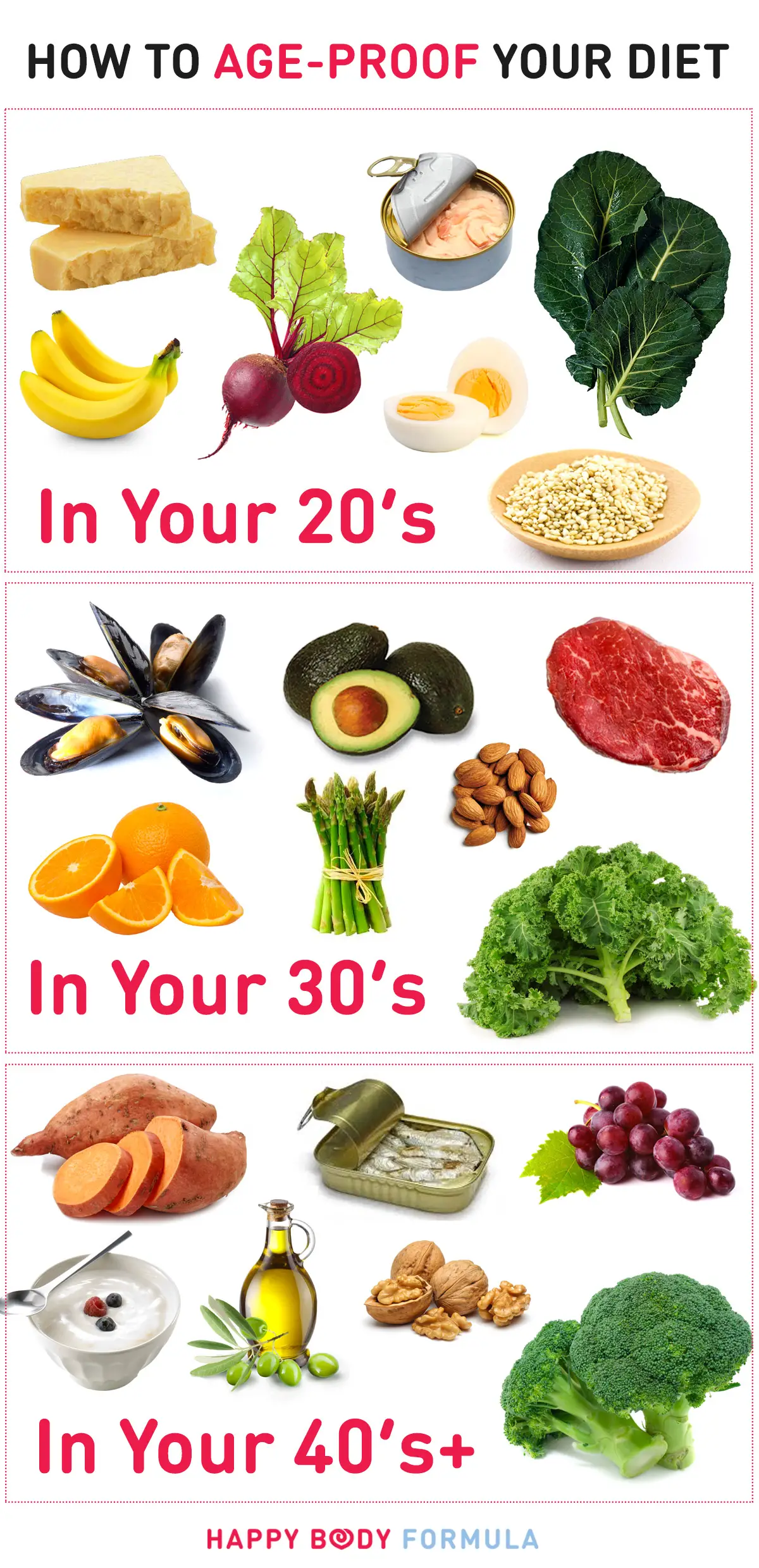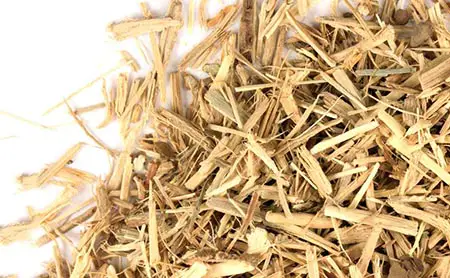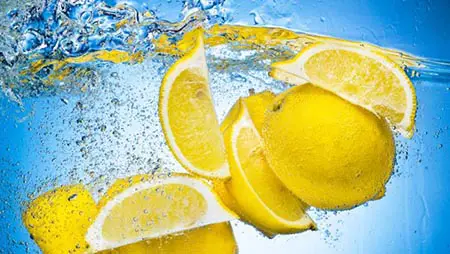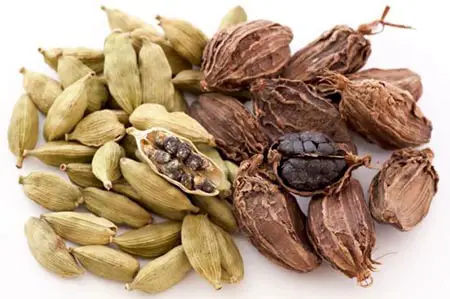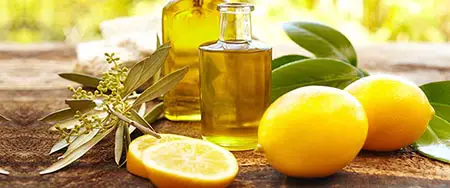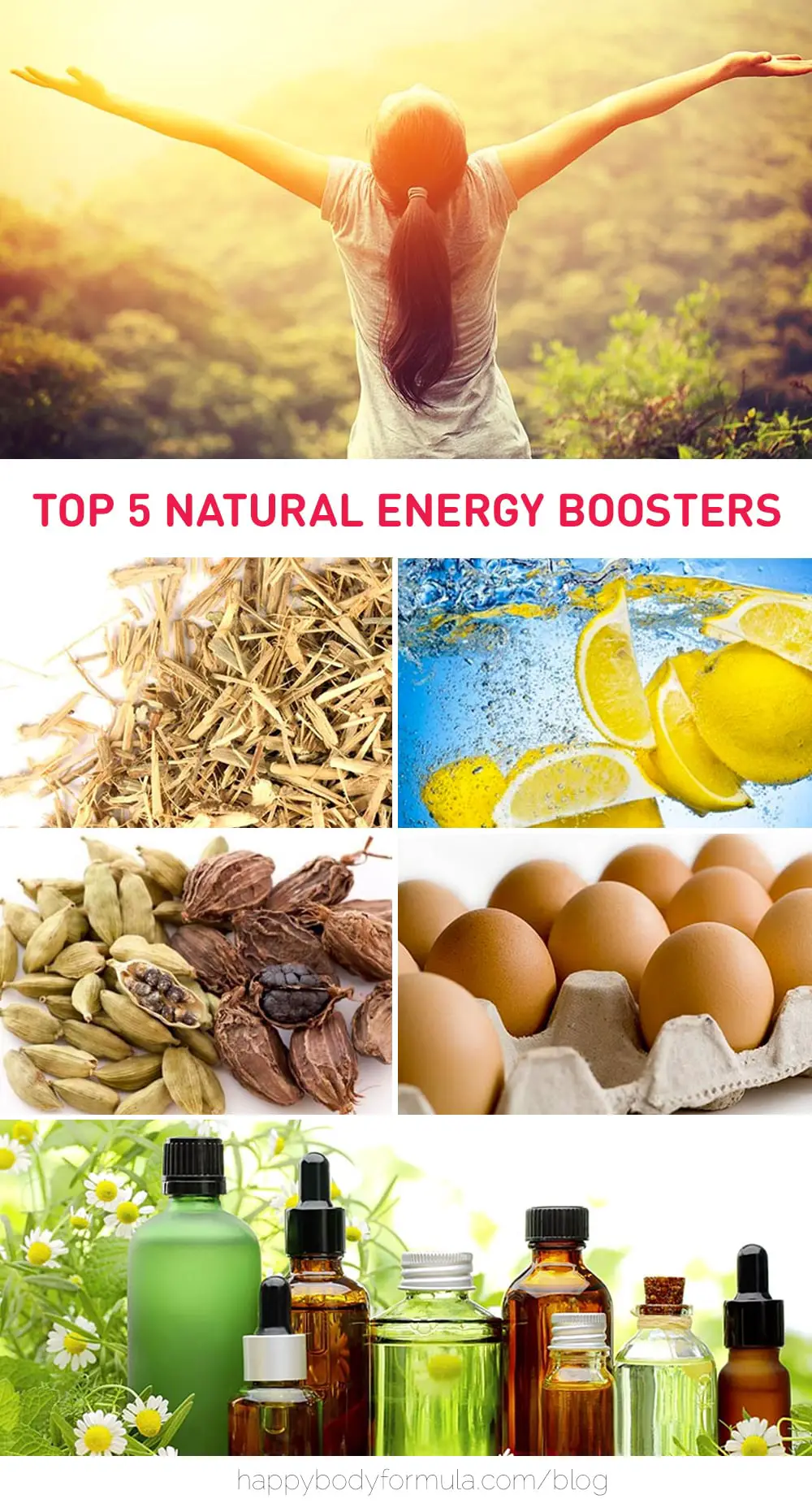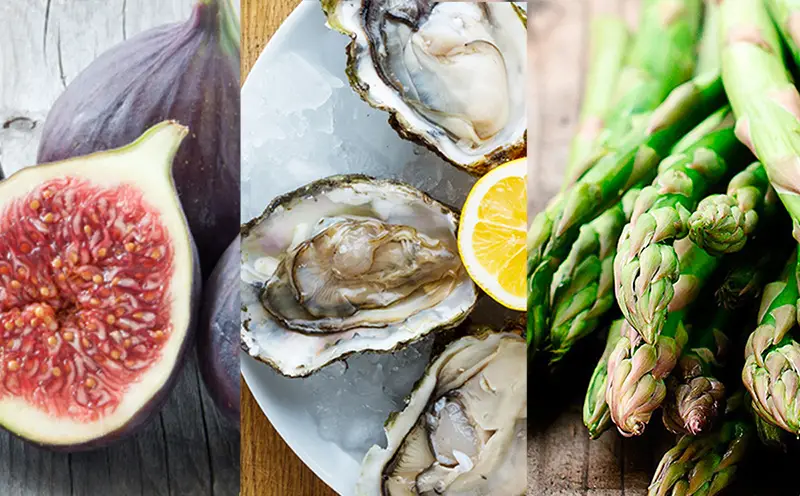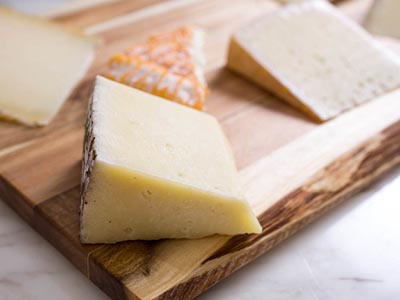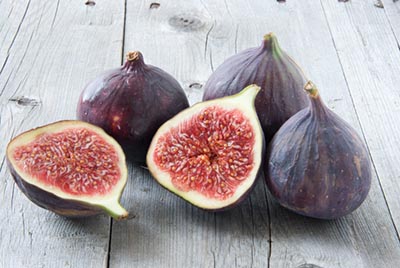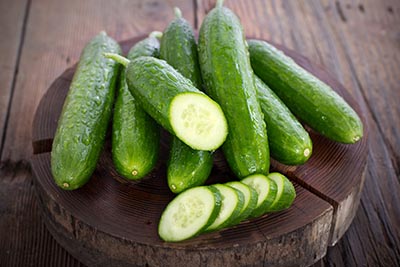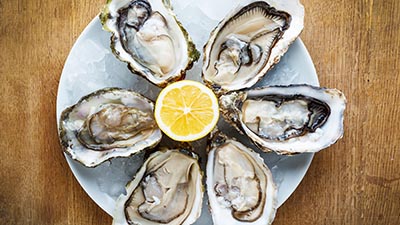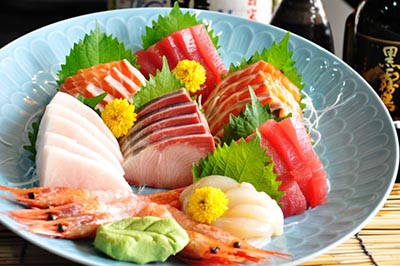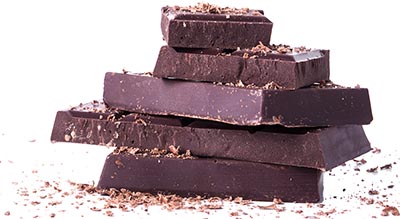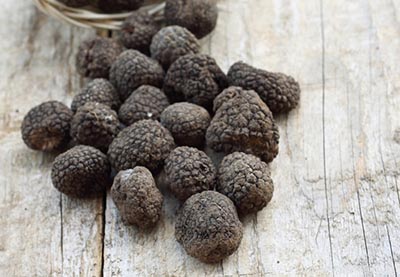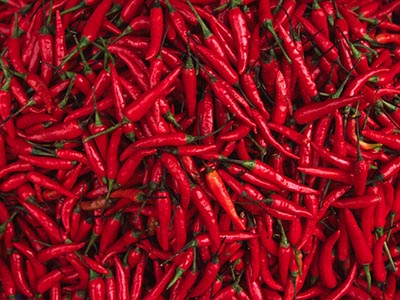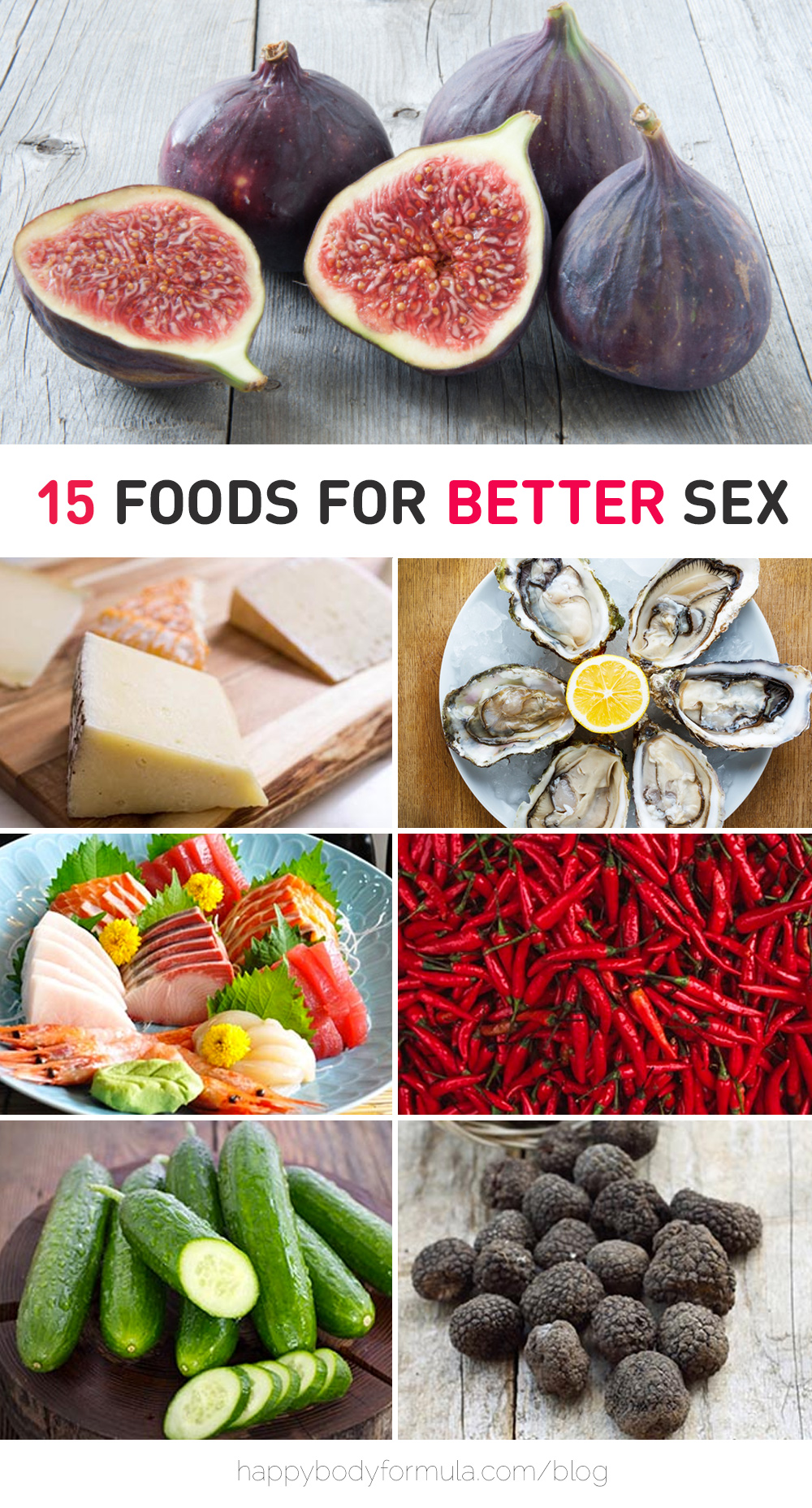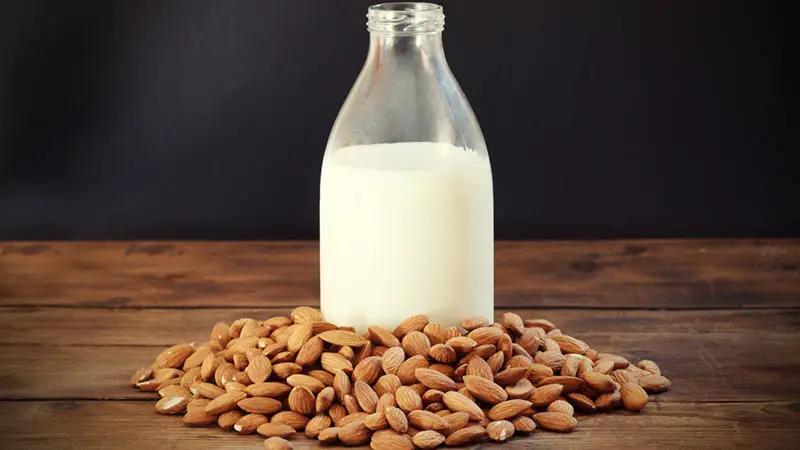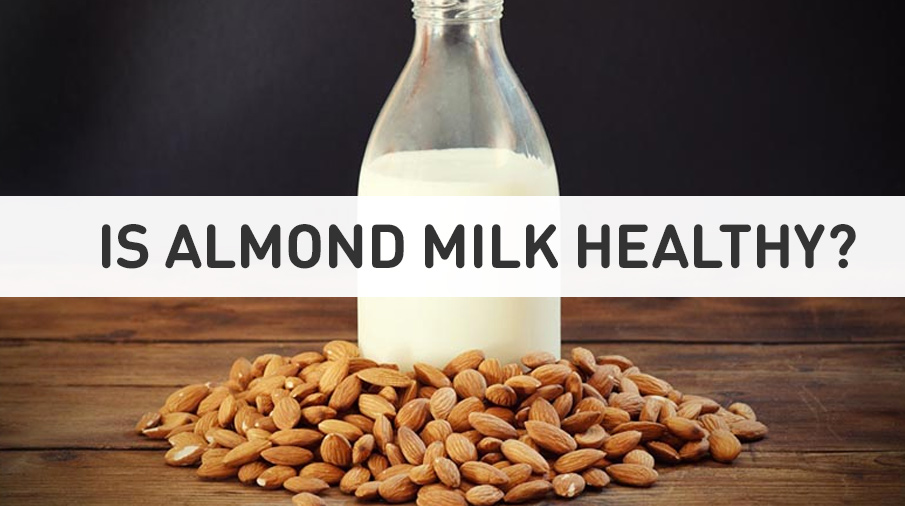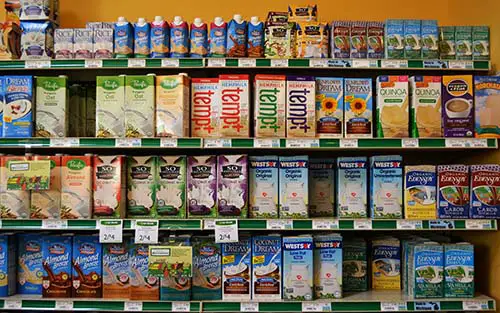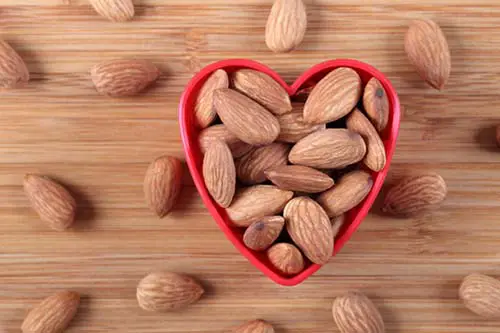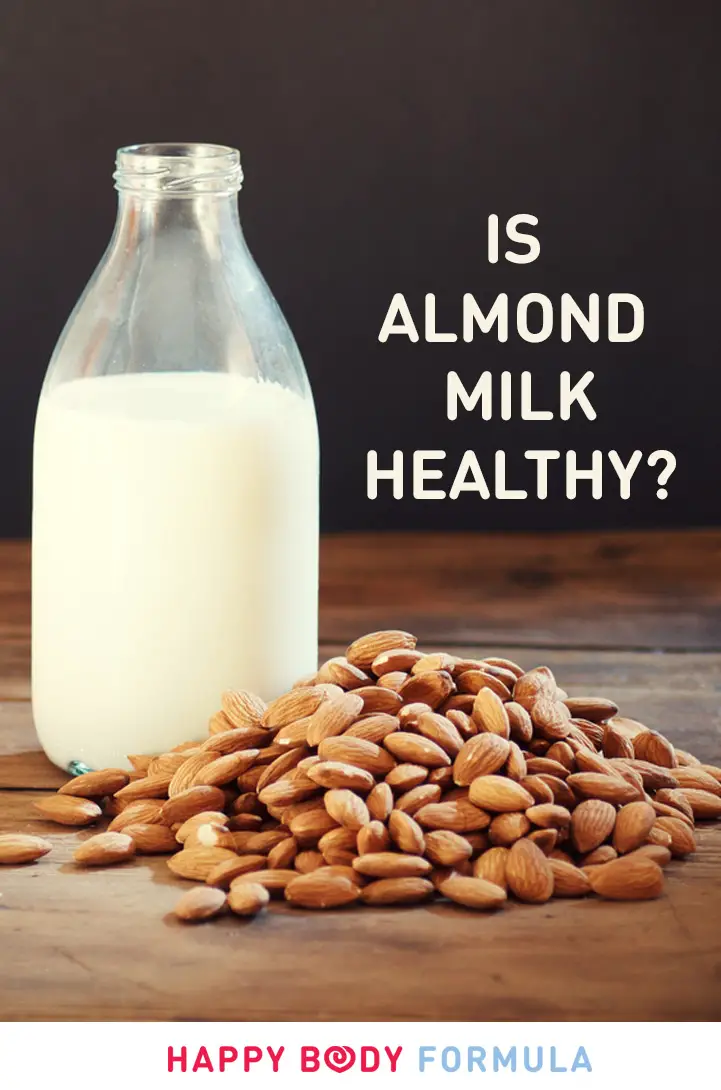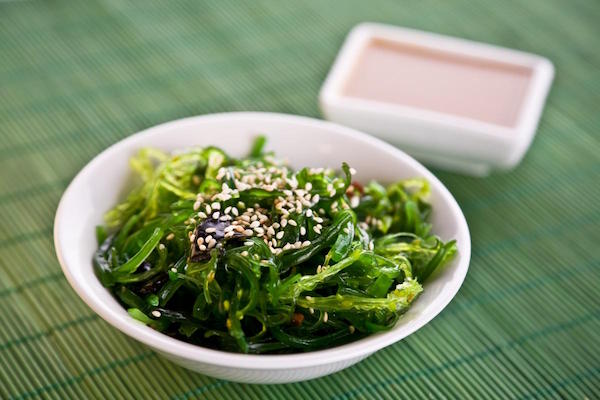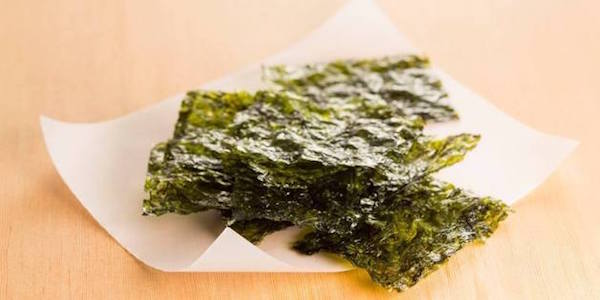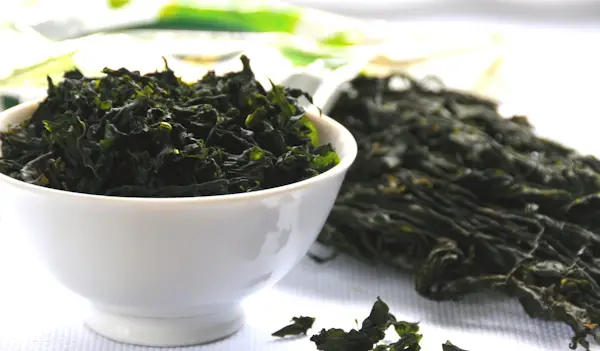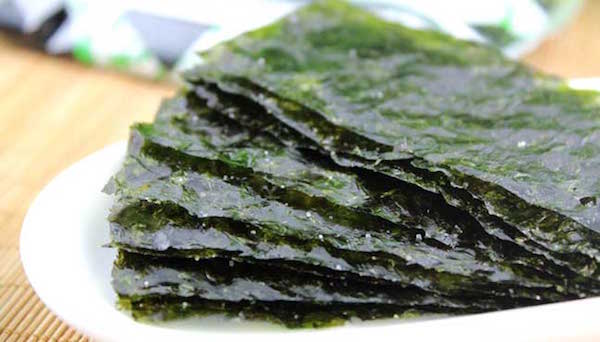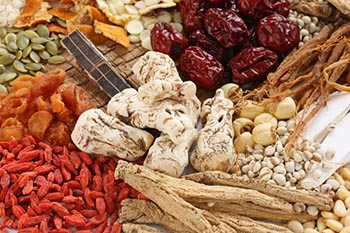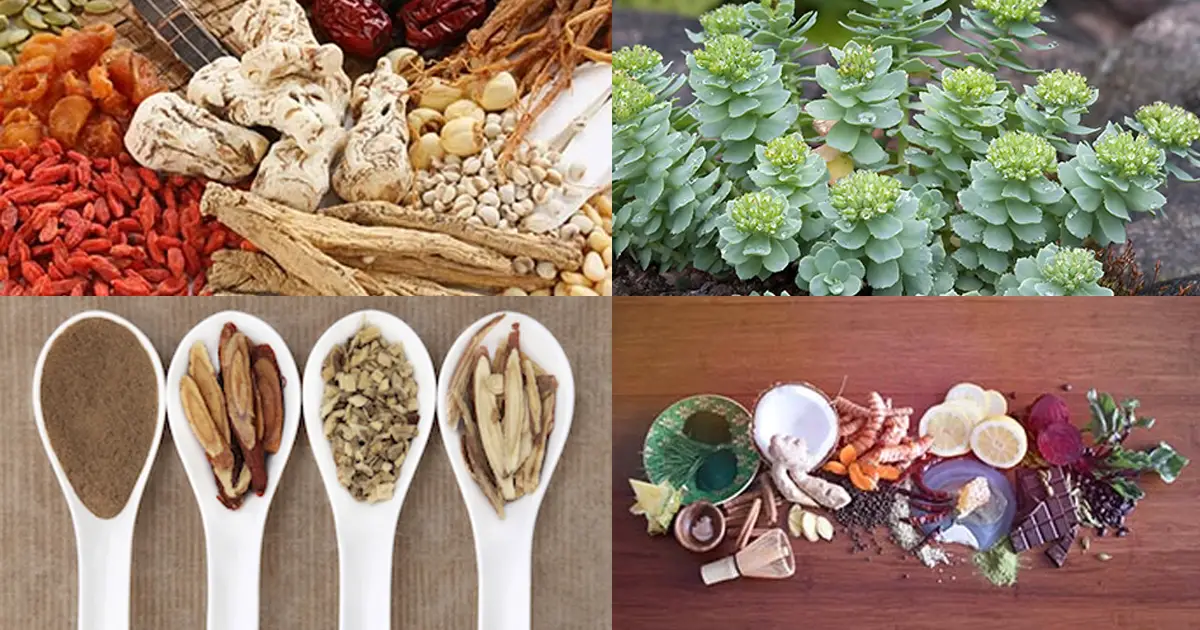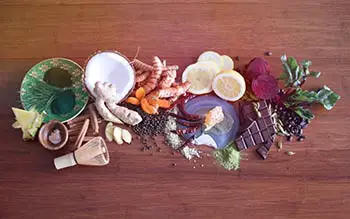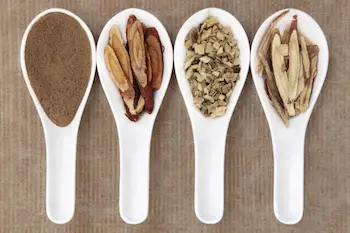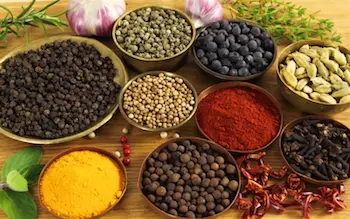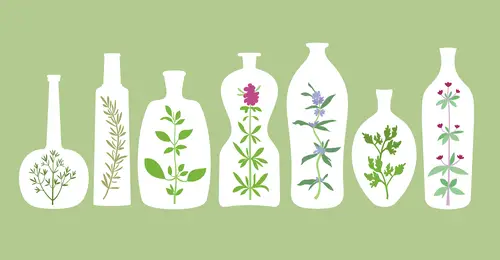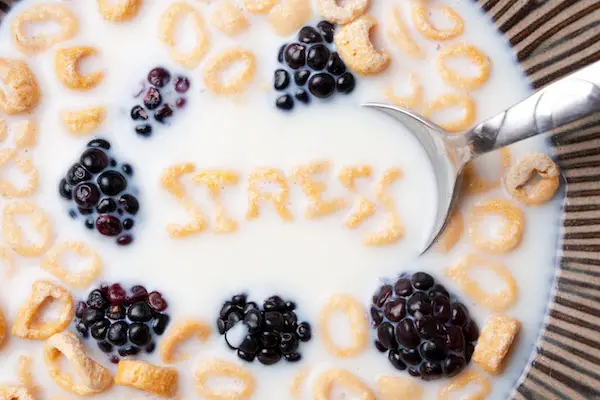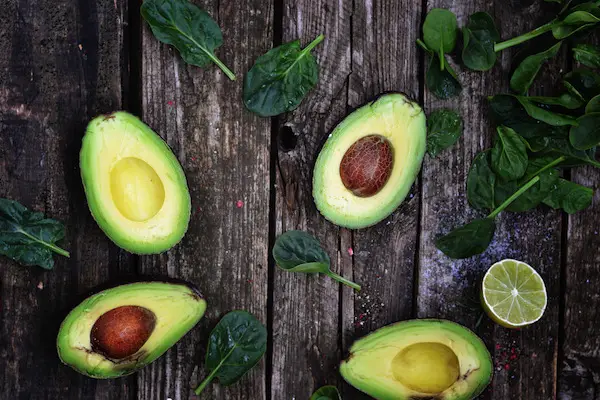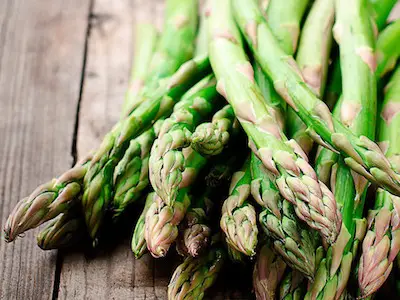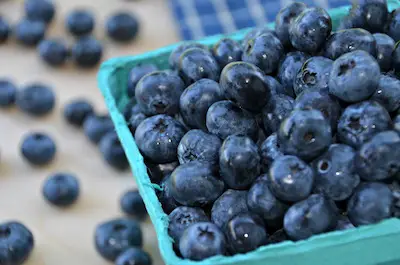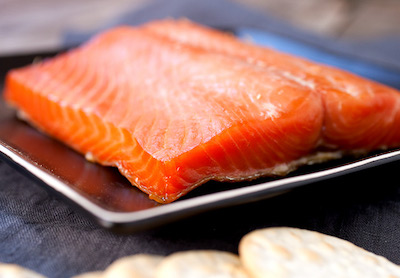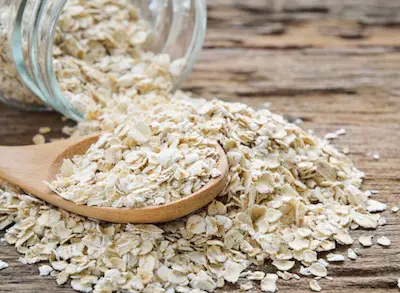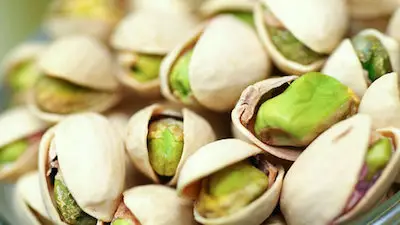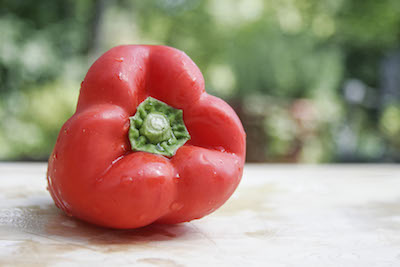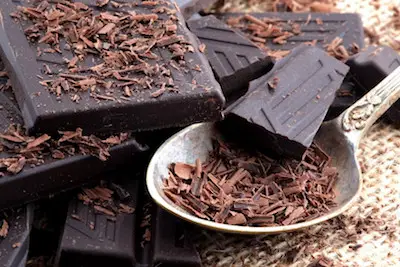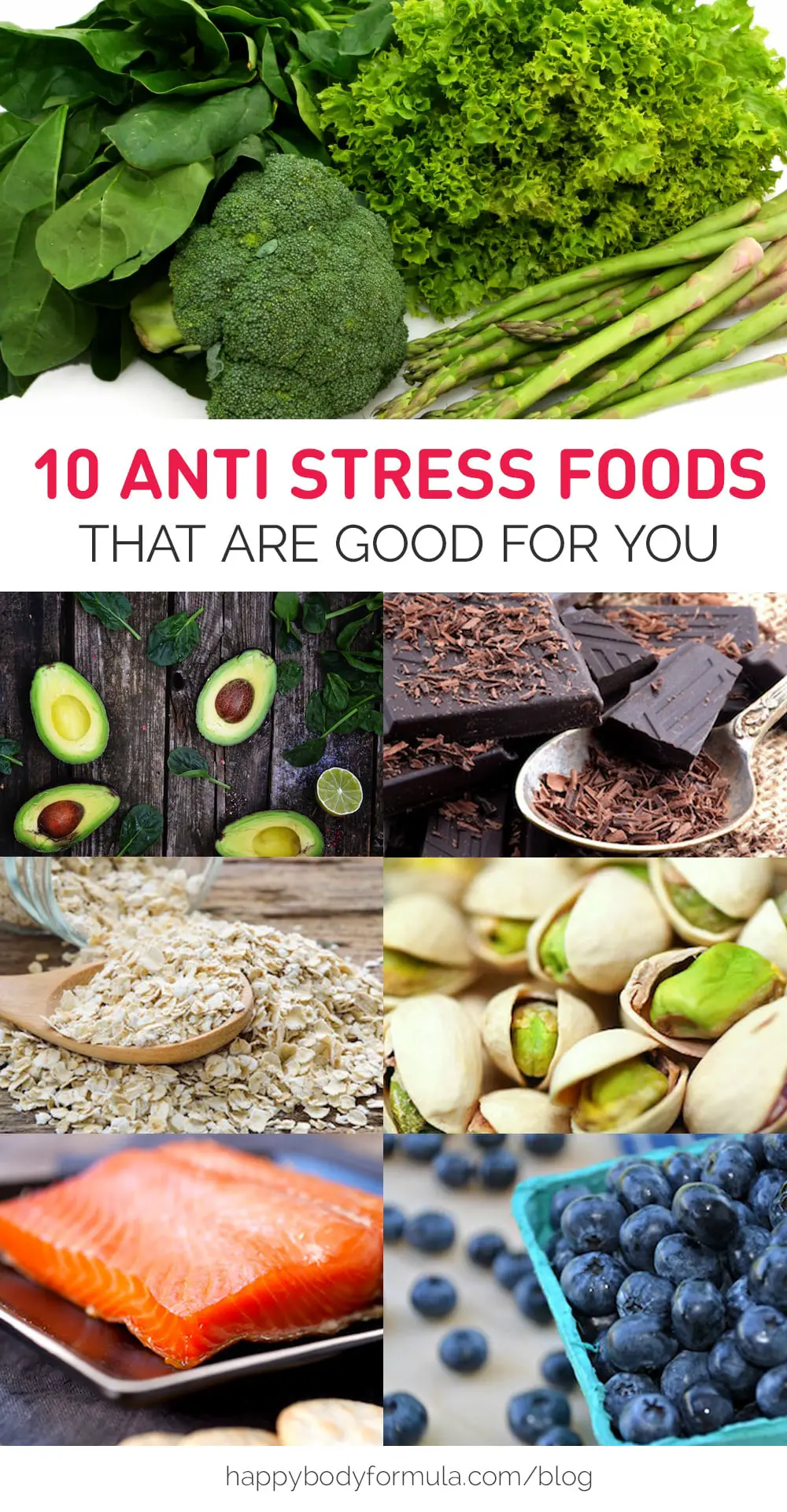Medically review by Kim Langdon
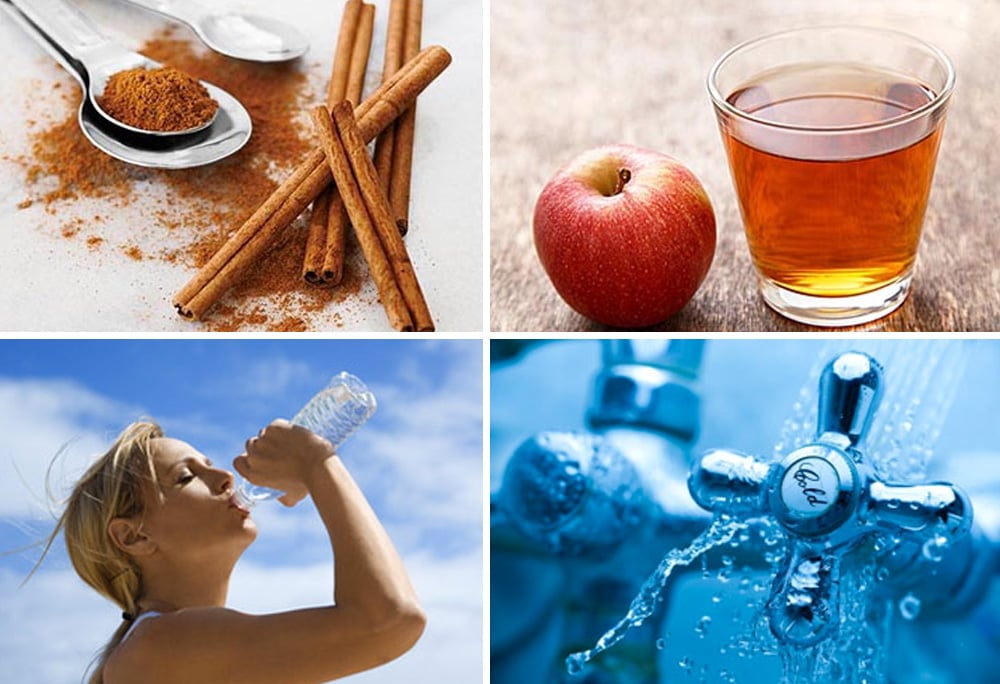

When it comes down to the basics, a healthy and balanced diet, and moderation are the keys to weight loss.
Many people see great results from following our meal plans focused on real, nutrient-dense foods.
From fat loss to lower cholesterol and better sleep, there are truly amazing benefits to eating great food.
However, lifestyle also plays a huge role, in fat loss especially.
While our main focus is absolutely on diet and exercise, we like to think that we can go the extra mile when it comes to achieving our goals.
Fortunately, these little habits are often simple while still being insanely effective.
If you are looking to ways to accelerate weight loss that go beyond your diet, you can practice these ten easy strategies to boost metabolism, improve insulin response and lessen cravings or your desire to overeat.
1. Fasted AM aerobics + coffee


Breakfast is known as the most important meal of the day and we totally agree.
However, it's okay, and often beneficial, to skip your morning meal from time to time, or at least to delay it.
Intermittent fasting and fasted cardio are gaining traction as great tools for weight loss, and there's some truth behind the hype.
The simple idea behind working out on an empty stomach is that your body will be keen to burn up the fat stores.
After all, what else is it going to reach for?
Typically, after a meal, the body will burn glucose (a.k.a carbs), hence the reason people "carb-load" before exercising.
Thus, the body never technically has the chance to "burn fat."
Forgoing the breakfast before your morning workout can help target stubborn fat stores, especially if you're attempting to lose those last few pesky pounds.
It is recommended to keep your fasted workouts to gentle aerobics, such as light jogging, swimming, yoga or cycling. Keep your hardcore interval and lifting training to later in the day, when you've had a bite to eat.
So, where does the coffee come in?
Caffeine boosts levels of catecholamines which revs up fat-burning enzymes.
Coffee can also offer up the boost you need to pull through; it prevents the need for BCAA's or other pre-workout supplements, which are often loaded with artificial sweeteners and colors.
2. A spoonful of cinnamon
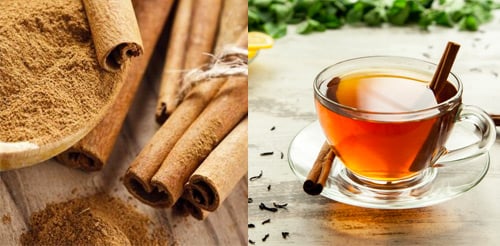

Like Mary Poppins said, "A spoonful of cinnamon helps the scale go down." Err, well, maybe we said that, but turns out, this phrase might be one you want to remember.
We talked in-depth about the medicinal benefits of cinnamon on the blog, but what's it got to do with fat loss?
Well, high blood sugar is associated with fat storage in the body. Insulin resistance and inefficient use of glucose (a.k.a carbs) in the body can lead to frustrating weight gain or the inability to lose fat.
Moreover, wonky blood sugar levels can throw your hormones off balance which also contributes to issues with weight.
Cinnamon comes in the clutch here; it's incredibly helpful in managing these symptoms, thus leading to easier fat loss over time.
On the same note, a little cinnamon paired up with your carbs can help the body properly utilize what's going down the hatch.
Sprinkle some on your sweet potatoes, banana, quinoa or oatmeal, or add to your morning smoothie or coffee.
Finally, cinnamon has been shown to be most effective in eliminating abdominal fat - arguably the most 'stubborn' area for many women (and men!)
3. High intensity interval or strength training before carbs
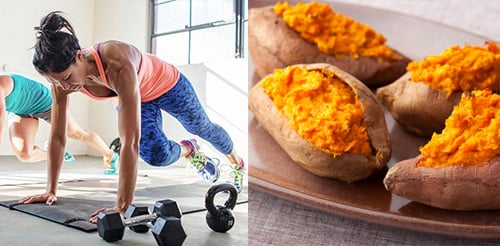

Want to speed up your weight loss?
Time your high-intensity interval training (HIIT) or strength training sessions to be before your highest carbohydrate meal of the day.
This will help to up-regulate the sugar transporters in your body so that sugar from your meal gets driven into muscle and liver tissues rather than into your bloodstream.
In other words, it's best to eat carbohydrates after a high-intensity workout, during which you deplete your body's glycogen stores.
FYI: glycogen is the storage form of glucose from carbohydrates, which is safely kept in your muscles and liver tissue until it's used up; any excess glucose gets stored as fat.
On top of that, there's been loads of research delving into other potential benefits of HIIT.
It substantially improves insulin response in healthy young men according to this study.
As we mentioned above with cinnamon, insulin is highly tied to weight loss and avoiding metabolic disease and type 2 diabetes.
In this study of women, HIIT exercise was proven to increase the body's capacity for fat oxidation, which means the lipids are physically breaking down. It can also help to maximize carbohydrate oxidation.
The most obvious benefit?
HIIT is based on 15-30 minute workouts, a few days a week, which means that you can probably spare the time to make this a part of your weight loss regime.
For the best results, combine a HIIT-style workout with the benefits of fasted cardio for optimal results over time.
4. Apple cider vinegar before a big meal
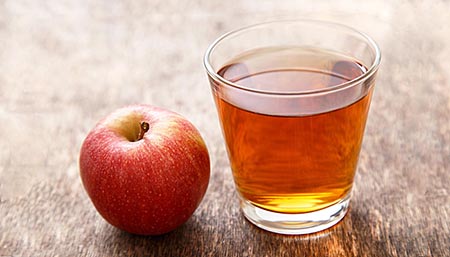

We are big proponents of giving your water a little boost.
From green goodness like chlorella to the daily habit of warm lemon water that we implement in the 9 week Happy Body Formula program, water is a blank canvas that can be made better.
Sure, it's good on its own, but what if you could add some superpowers to your hydration in order to burn a little fat? We bet you would.
As with cinnamon, a shot of apple cider vinegar per day - ideally before a big meal - will help to keep your insulin sensitivity and to keep the blood sugar levels low.
Both are key to maintaining a healthy weight.
On top of that, apples contain pectin which suppresses appetite. One "dose" actually contains about just as much as an apple.
Feeling more satiated can lead to less overeating, which in turn leads to fat loss.
Moreover, acidic foods like apple cider vinegar help the body to utilize protein, which leads to healthy hormones (specifically the growth hormone) and a healthy metabolism.
Finally, ACV can help the body use iron which leads to better oxygen transportation to the cells.
The body uses oxygen to burn energy, thus making it essential for fat loss.
5. "Grease the groove"


This concept might be a bit foreign to you, but it's simple in theory: greasing the groove roughly translates to doing the same exercise often but never going until you're fatigued.
Sounds counterproductive, right?
It seems like many people are under the impression that more = better, but HIIT proves that point wrong.
So, why should you also grease the groove when you hit the gym?
Pavel Tsatsouline - the dude who coined the term - explains the theory of the "groove" like this: "If your body fails to perform your brain’s command, the groove will get ‘rusty’.
You are pushing as hard as usual, but the muscles contract weaker than before! ... if you are training to failure, you are training to fail."
The main benefit is that you will get better, stronger, and/or faster. This method is used to increase volume and endurance.
So, what's it got to do with fat loss?
Well, greasing the groove often implements the idea of spreading workouts throughout the day.
By doing small chunks of movement at different times, you keep your metabolism working hard, thus turning you into a fat-burning machine (yes, you can own that title!)
6. Chill out a little (literally)


Before you fill the tub with ice, let us explain (and no, you don't actually have to do that!).
The science being cold thermogenesis - the production of heat - is quite simple: your body reacts to cold by fighting to stay warm.
Hence, the body must increase the rate at which it's burning calories to keep you warm.
Turns out, the body is smart. It's very adaptive to its surroundings.
This isn't to say that you should risk hypothermia to burn a few extra calories, but there are a few ways you can practice 'cold therapy' at home.
For instance, taking a cold shower in the morning can help accelerate fat loss. If you live in a colder climate that gets snow in the winter, try stepping outside momentarily barefoot (I know - crazy!) for a chilly wakeup call.
If you're not feeling up to the challenge, just exposing the skin to cooler air - tolerably so - can do wonders. Read more about this concept here.
7. Build more muscle


You've likely heard that a pound of fat weighs more than a pound of muscle.
This doesn't quite make sense as a pound of feathers weighs as much as a pound of water, but here's the point we want to get across: a pound of muscle IS smaller or has a lower volume than a pound of fat
The visual comparison proves that muscle is denser. This is the reason you can lose fat without losing weight.
In terms of accelerating fat loss, building more muscle has another huge draw: a muscular body burns more calories at rest than a body that is holding on to excess fat.
In essence, muscle speeds up metabolism. Therefore, the more your body composition changes, the easier it will be to lose and maintain leanness because you'll be able to eat more.
Check out our muscle building nutrition cheat sheet for guidelines on the types and amounts of protein you should be eating to get stronger.
8. Spice things up in the kitchen
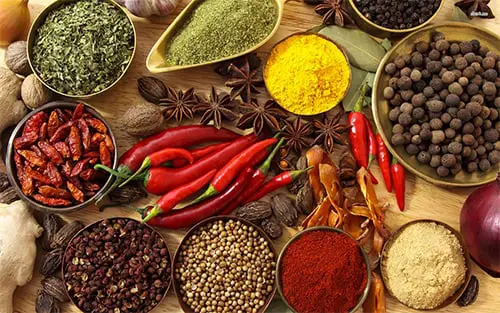

If you're cooking meals with us, you know one thing: we do NOT skimp on the spices!
Besides the fact that they lend incredible variety, depth and flavor to healthy, filling meals, spices have tons of metabolic and medicinal qualities, that make them a great addition to a diet focused on fat loss.
Some examples include turmeric and cardamom, which both increase body heat and improve metabolism.
Cumin can help you burn up to three times more body fat, ginger can help stabilize blood glucose levels after a carb-heavy meal and black pepper has been shown to decrease the production of new fat cells in the body.
Try this recipe for lamb korma from I Heart Umami.
9. Sleep!


We're getting down to the nitty-gritty now with things you should be doing for much more than weight loss.
Sleep has a lot to do with our bodies maintaining a consistently healthy weight and seeing success with weight loss goals. Here's why.
Sleep (or lack thereof) can really take a hold of our daily diet. Think about it: when you feel fatigued mid-afternoon, your brain doesn't say, "It's time for bed!"
Instead, it tells you it's time for a snack. A sugary, calorie-laden snack. Glucose = quick energy and our bodies know this well.
Over time, lack of sleep can lead to a whole lot of overeating, and consequently, weight gain!
Moving on, just four days of sleep deprivation can potentially change fat cells. Fatigue compromises the body's ability to use insulin (noticing a theme here?).
Well-functioning insulin - a hormone - means that your body can properly remove lipids from the bloodstream which in turn prevents the storage of fat cells.
Finally, it goes without saying that you're not going to do so well with greasing the groove HIIT-style first thing in the morning if you're feeling groggy from not getting enough sleep.
Rest is a qualifying factor in a successful workout, so hitting the sack early on can be a key to losing weight and seeing results.
Learn to optimize your slumber in our 7-Day Sleep Better Challenge.
10. Stay hydrated
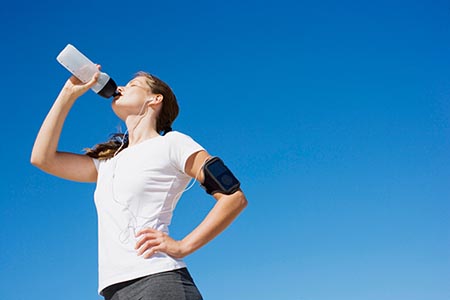

It's no secret that getting plenty of water is good for your body on so many levels.
There are countless reasons for this. First is the most obvious: our bodies often confuse thirst for hunger.
By noticing this and filling up on water before we indulge our cravings, we can boost weight loss by cutting out the junk.
Hydrating before a meal has been studied with promising results; it generally leads to eating smaller, more reasonable portions.
Another obvious factor is the notion of replacing caloric drinks like soda or juice with water to accelerate fat loss - it's easy to absentmindedly take in a lot of extra energy just by quenching your thirst with sugary soft drinks.
Make sure you're drinking around 7-8 glasses of water per day.
Next time you feel like devouring cake or you're waiting for a sugar craving to pass, try chugging a tall glass of the good stuff and see how you feel.
You'll likely feel a lot more full!
Looking to lose fat and gain the tools you need to make a sustainable, healthy lifestyle change?
This article was fact checked for accuracy by Dr. Kim Langdon, MD. As always, this is not personal medical advice and we recommend that you talk with your doctor.
Share on Pinterest?
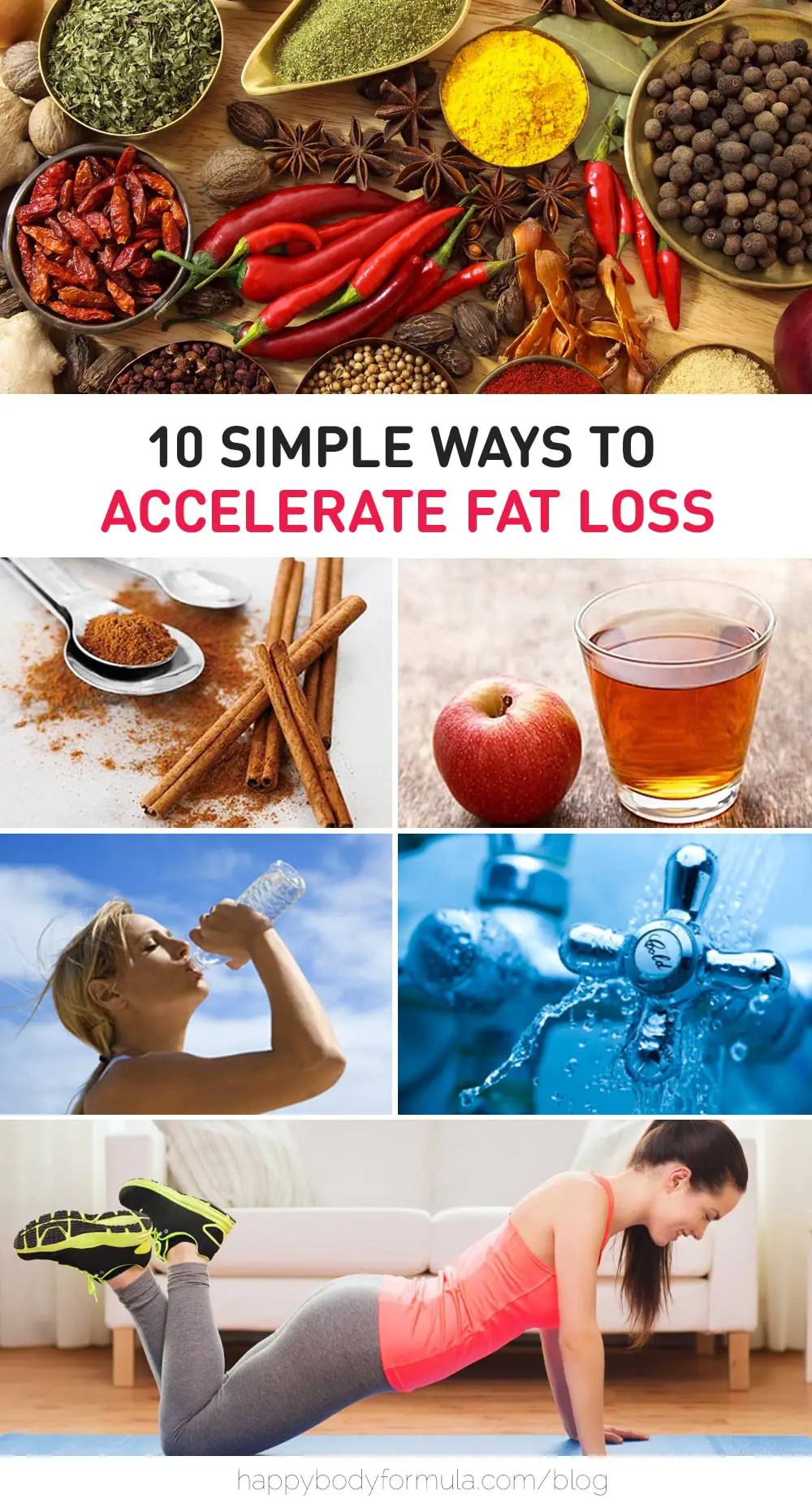

References
Kimberly Langdon M.D. is a retired University-trained obstetrician/gynecologist with 19-years of clinical experience. She delivered over 2000 babies to mothers in a suburban Midwestern community.

